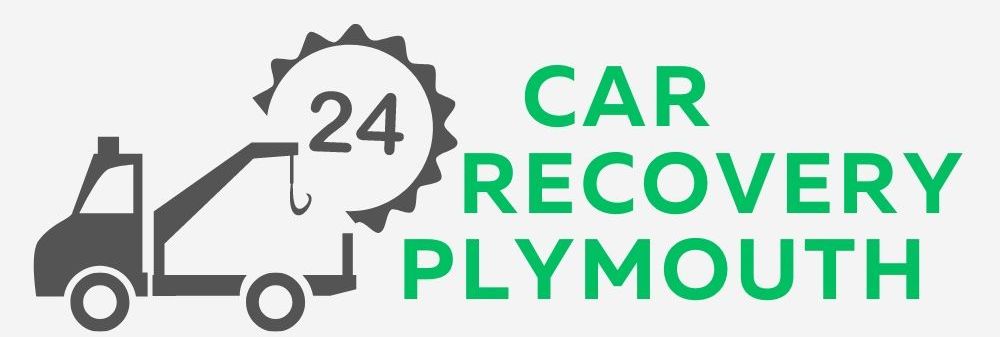Essential Tools Every Driver Should Have for Emergency Car Recovery
Breaking down on the side of the road is a situation every motorist dreads. Unfortunately, it’s something most drivers will face at some point. While you can’t always avoid a breakdown, you can be prepared for it. By keeping the right tools in your car, you can handle minor emergencies and keep yourself safe while waiting for professional help. This guide outlines the essential items every driver should have for emergency car recovery, so you’re ready for anything the road throws at you.
Why Every Driver Needs to Be Prepared
Breakdowns are unpredictable. You could be on a quiet rural road late at night or in the middle of rush-hour traffic. In these moments, preparation can make all the difference. Having the right tools can help you stay calm, tackle minor problems, and avoid unnecessary stress. It’s not just about fixing the issue—being prepared ensures you and your passengers remain safe while waiting for professional car recovery services.
Essential Tools for Emergency Car Recovery
1. Spare Tyre and Jack Kit
A punctured tyre is one of the most common roadside issues. Having a properly inflated spare tyre and the tools to fit it—a jack and wheel brace—can get you back on the road in no time. Regularly check your spare tyre to ensure it’s in good condition, and familiarise yourself with how to change a tyre safely.
2. Jump Leads or Portable Battery Pack
A flat battery can leave you stranded, especially in cold weather or if your car hasn’t been used for a while. Jump leads allow you to restart your car with the help of another vehicle. Alternatively, a portable battery pack lets you jump-start your car independently, which can be a lifesaver if no one else is around.
3. Reflective Warning Triangle and High-Visibility Vest
Staying visible is crucial when you’re stuck at the side of the road, particularly at night or in poor weather. A reflective warning triangle placed behind your vehicle alerts other drivers to your presence, reducing the risk of accidents. Pair this with a high-visibility vest to ensure you’re clearly seen if you need to leave your car.
4. Basic Toolkit
A small toolkit with items like spanners, screwdrivers, and pliers can help with minor repairs or adjustments. Whether it’s tightening a loose battery terminal or reattaching a bumper clip, having these tools can make a big difference.
5. Tyre Pressure Gauge and Inflator
Keeping your tyres properly inflated isn’t just good for fuel efficiency—it’s a safety essential. A portable tyre inflator and pressure gauge allow you to adjust tyre pressure on the go, helping you avoid further issues.
6. First Aid Kit
A first aid kit is a must-have in any vehicle. From minor cuts and scrapes to more serious injuries, being able to administer basic first aid is essential. Include plasters, antiseptic wipes, bandages, and disposable gloves in your kit.
7. Torch (with Extra Batteries)
A breakdown at night can be especially challenging. A good-quality torch will help you see what you’re doing, whether it’s inspecting a flat tyre or checking under the bonnet. Rechargeable or wind-up torches are particularly handy as they don’t rely on batteries.
8. Tow Rope or Strap
In some situations, your car might need to be towed to safety. A sturdy tow rope or strap is a useful tool to keep in your boot, especially if you’re travelling in rural areas where help might take longer to arrive. Always ensure you use it safely and within its weight limits.
9. Fire Extinguisher
While rare, small car fires can occur, especially with older vehicles or during overheating. A compact, vehicle-specific fire extinguisher can prevent a small incident from becoming a major problem.
10. Emergency Phone Charger or Power Bank
Your phone is your lifeline during a breakdown, whether you’re calling for help or using navigation to find your location. A power bank ensures your phone stays charged, even if your car battery has failed.
Additional Tips for Staying Prepared
- Check Your Tools Regularly: Make sure everything is in working order and replace items as needed.
- Keep Them Organised: Store your tools in a durable bag or box so they’re easy to find in an emergency.
- Learn Basic Maintenance: Understanding how to perform simple tasks, like changing a tyre or jump-starting a battery, can save you time and stress.
When to Call a Car Recovery Service
While these tools can help you deal with minor issues, there are times when professional help is essential. For example, engine failures, accidents, or problems you’re not comfortable fixing yourself require the expertise of a car recovery service. Trying to resolve these issues without proper knowledge can be dangerous and may even make the situation worse. A professional emergency car recovery team will ensure your vehicle is safely transported to a garage or a location of your choice. It’s always better to call for help when in doubt.
Being prepared for a breakdown isn’t just about having tools—it’s about peace of mind. By keeping these essentials in your car, you’ll be ready to handle common roadside issues and keep yourself safe while waiting for help. Preparation is key to staying calm and in control, no matter what happens on the road.
At Car Recovery Plymouth, we understand how stressful breakdowns can be. Our team is dedicated to providing prompt and professional emergency car recovery services, ensuring your vehicle is transported safely and efficiently. With years of experience and a focus on customer satisfaction, we’ve earned the trust of motorists across the region. When you need reliable support, we’re here to help—because your safety is our priority.
Check our new X update about the essential tools every driver should have for emergency car recovery.
